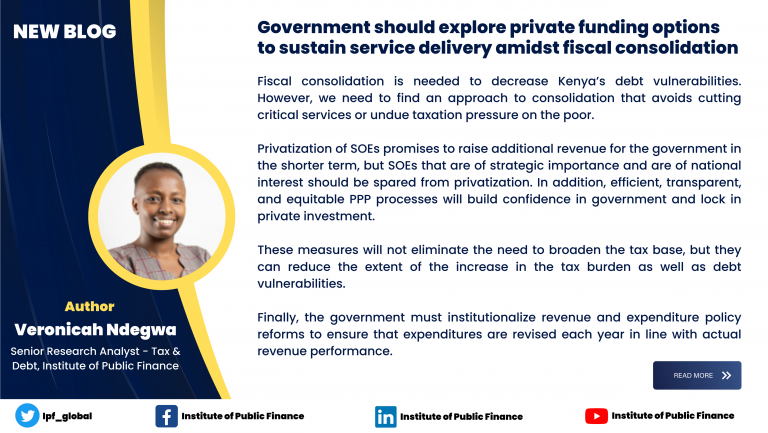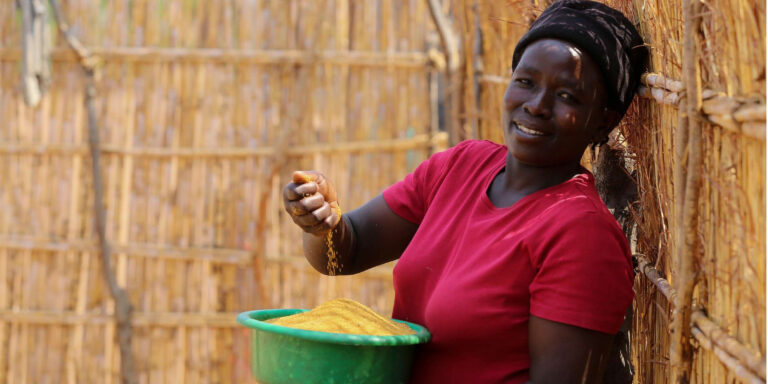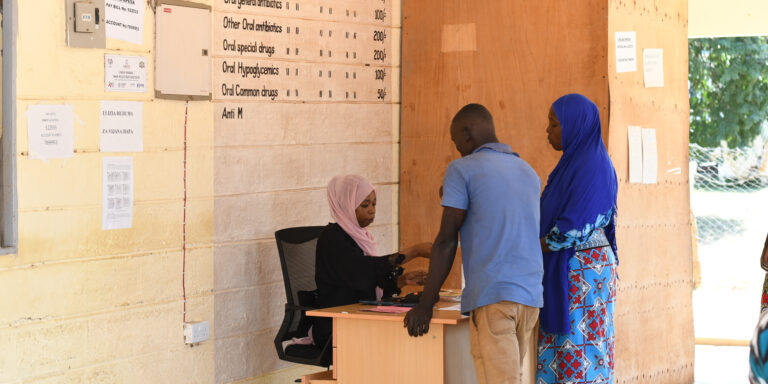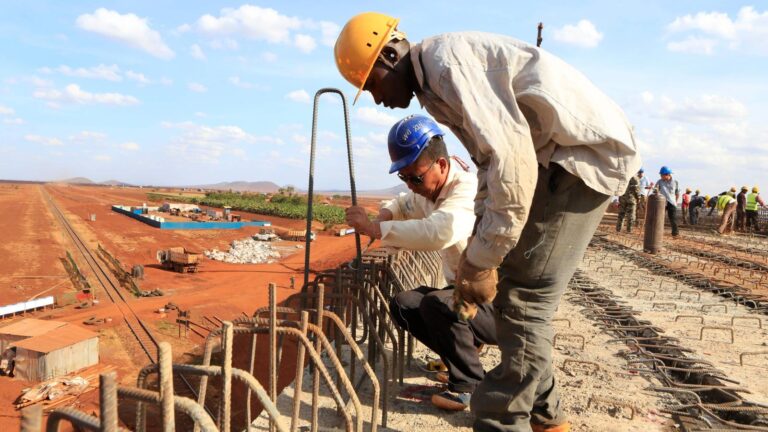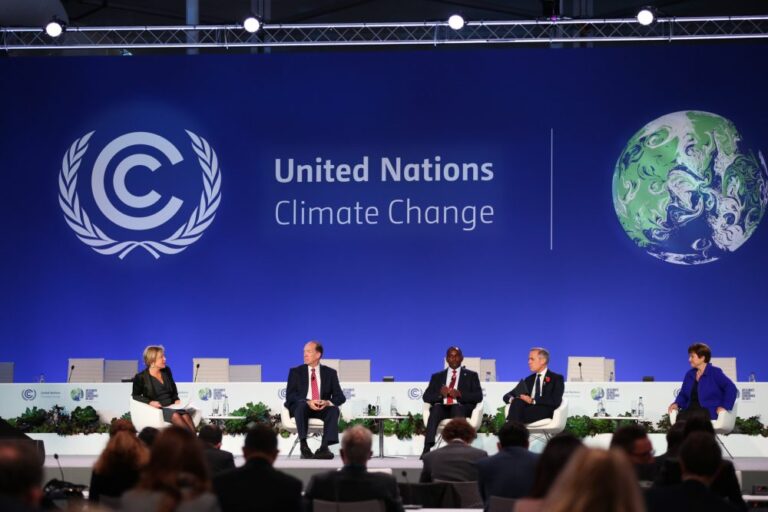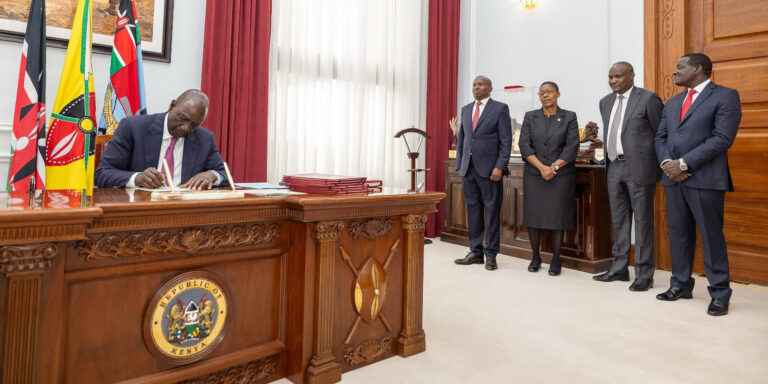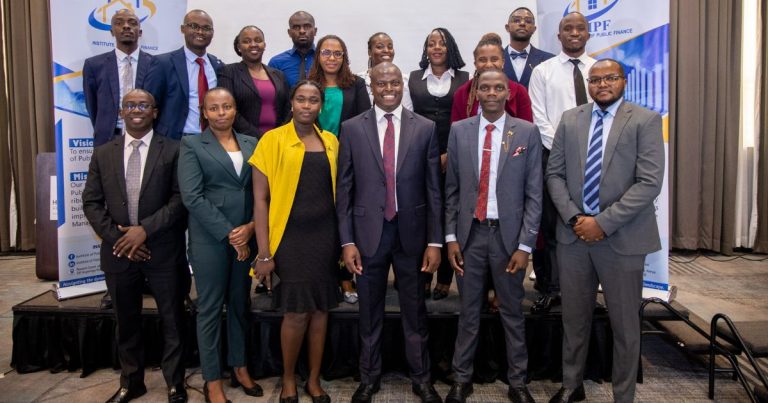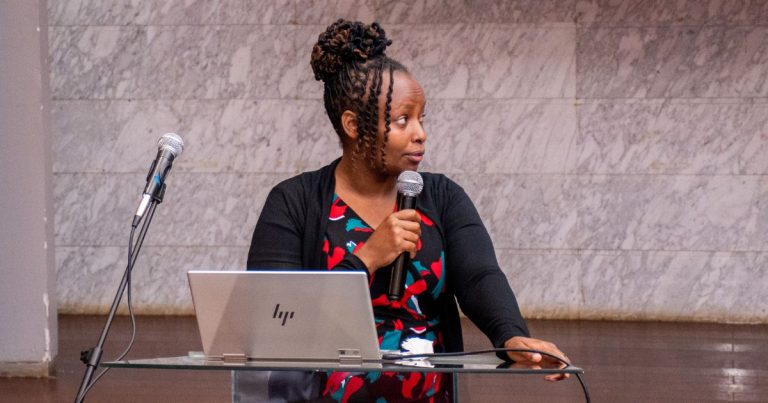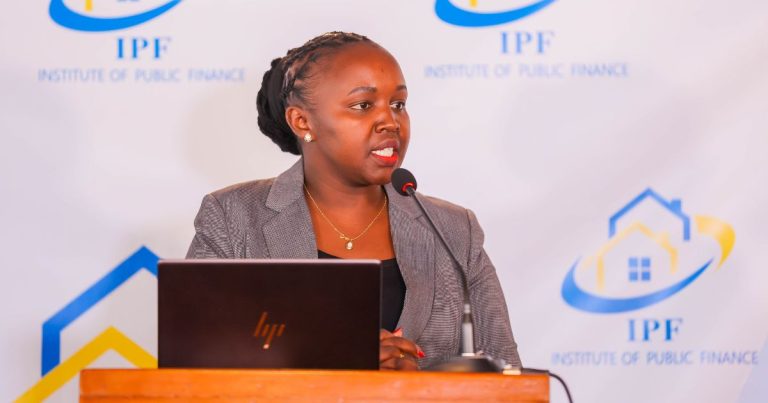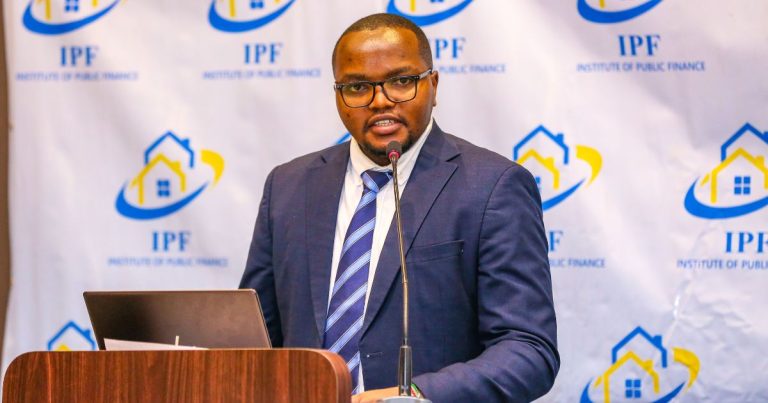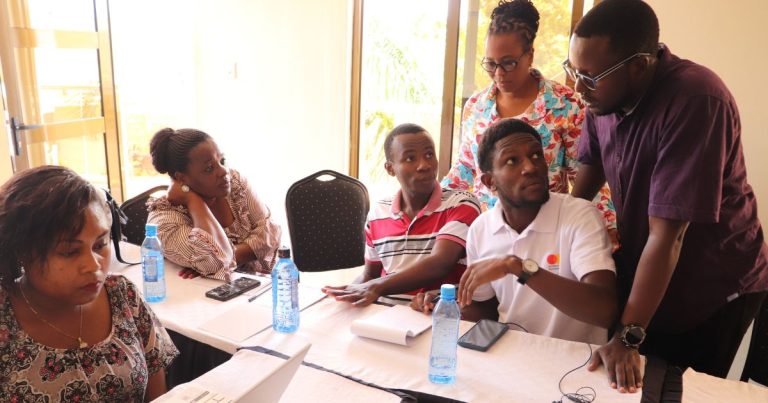On April 2, 2021, the International Monetary Fund (IMF) Board approved a multiyear credit facility amounting to USD 2.34 billion for Kenya to support post-Covid recovery and reduce the country’s debt vulnerabilities through fiscal consolidation . Fiscal consolidation (a progressive reduction in the fiscal deficit) would be achieved through growth in revenue and controlling expenditures. Fiscal consolidation requires a careful balance between reducing debt levels and protecting service delivery. While striking this balance is a challenge, the government can partially achieve it by exploring non-debt sources of financing including privatization of State-Owned Enterprises (SOEs) and targeted Public-Private Partnerships (PPP).
For many years, Kenya has committed to pursue fiscal consolidation with little success. Expenditure pressures from wages, social spending and mega infrastructural projects have seen expenditure grow yet revenue growth has lagged increases in spending, leading to the widening of the fiscal deficit. The government in the 2023 Budget Policy Statement (BPS) plans to pursue growth-friendly fiscal consolidation through slowed growth in public debt without hurting service delivery. But if the past is anything to go by, it will take more than a commitment in the BPS for actual fiscal consolidation to be achieved.
Even though the government has made efforts to cut wasteful expenditures by directing agencies to reduce spending on non-priority areas such as printing, training, foreign and domestic travel, and routine road maintenance, it is not clear that this effort is based on clear evidence. First, even what might initially appear to be non-priority spending could support priority areas. Second, it is not clear that enough can be cut in these areas to really address the challenge. While some of these cuts may be warranted, they were undertaken without critical review and, as a result, may lead to a disruption in public services.
What are the alternatives? One option would be privatization of State-Owned Enterprises (SOEs), which could be a source of additional revenue in the short term and increase the efficiency and productivity of SOEs. The Parliamentary Budget Office (PBO) estimates that the government can raise Ksh. 30 billion from privatization annually over the medium term. However, the government must take caution before placing national interests and strategic investments in the hands of the private sector. Proceeds from privatization should also be reserved for capital projects that have the potential to generate more revenue. Still, privatization may only resolve the short-term fiscal crunch while failing to address longer-term challenges.
A second policy option is the expanded use of Public-Private Partnerships (PPPs) to ease pressure on the government balance sheet, accelerate economic development and improve efficiency in delivery of public services. The government targets to raise Ksh 50 billion through PPPs to finance commercially viable projects in key sectors including water, housing, roads, trade, and industry in FY 2023/24. This is a good start, but Kenya should target to raise even more funds through PPPs in subsequent budgets.
These policy options would yield an estimated Ksh 80 billion for FY 2023/24 compared to a fiscal deficit of over Ksh 660 billion: therefore, these proposals are only a partial solution. Addressing the full problem requires further expenditure controls in line with more modest revenue performance. The Kenya Kwanza manifesto committed to cap growth in expenditures at 75 percent of growth in revenue, and this was achieved in the Budget estimates for FY 2023/24, with projected revenues growing by 18 percent and expenditure by just 7 percent. However, actual revenue performance in the FY 2022/23 has been way below target (at 67 percent of original revenue estimates as at March 2023). Capping expenditures as a share of revenues only works if the government cuts back expenditure when actual revenues come in below target.
In summary, fiscal consolidation is needed to decrease Kenya’s debt vulnerabilities. However, we need to find an approach to consolidation that avoids cutting critical services or undue taxation pressure on the poor. Privatization of SOEs promises to raise additional revenue for the government in the shorter term, but SOEs that are of strategic importance and are of national interest should be spared from privatization. In addition, efficient, transparent, and equitable PPP processes will build confidence in government and lock in private investment. These measures will not eliminate the need to broaden the tax base, but they can reduce the extent of the increase in the tax burden as well as debt vulnerabilities. Finally, the government must institutionalize revenue and expenditure policy reforms to ensure that expenditures are revised each year in line with actual revenue performance.

